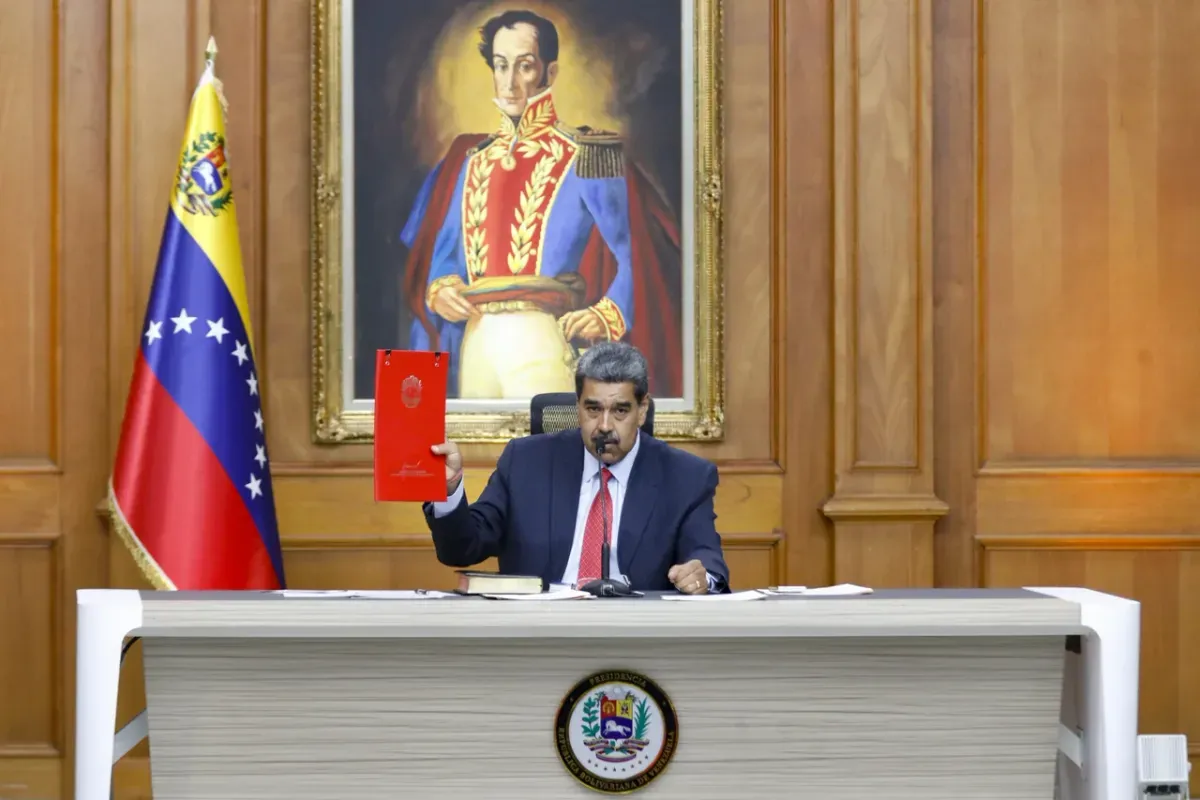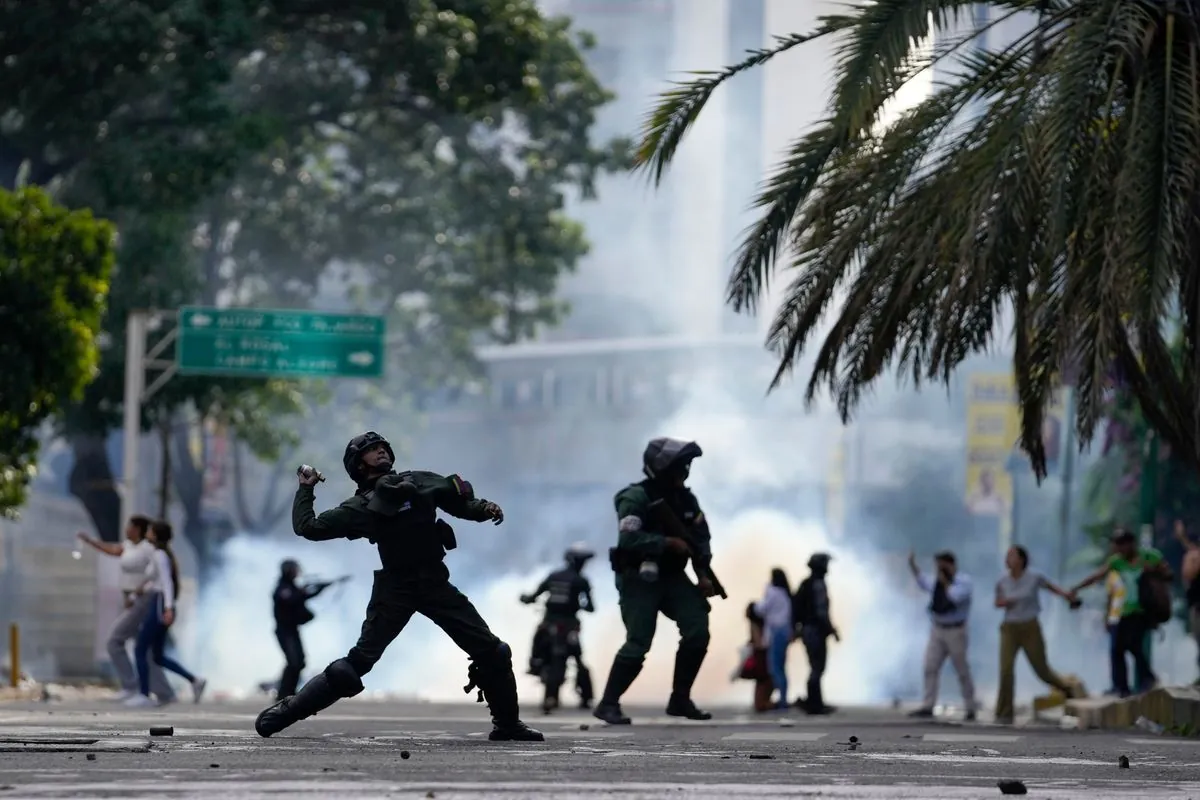Venezuela's Political Crisis Deepens as Maduro Clings to Power
Despite apparent election loss, Maduro maintains control in Venezuela. U.S. and opposition face limited options as crackdown intensifies. International community seeks solutions amid growing concerns.

In Venezuela, the political landscape remains tense as Nicolás Maduro maintains his grip on power, despite indications of a significant electoral defeat. The situation has left the United States and the Venezuelan opposition grappling with limited options to address the ongoing crisis.
The July 28, 2024 election in Venezuela appeared to yield a decisive victory for opposition candidate Edmundo González, with independent exit polls suggesting a 2-1 margin over Maduro. However, the incumbent has declared himself the winner, sparking international concern and condemnation.
In response to the contested election, Maduro's regime has intensified its crackdown on dissent. Over 2,000 individuals, including children as young as 13, have been arrested. Human rights organizations have reported this as the most severe repression since the establishment of Venezuela's socialist state by Hugo Chávez in 1999.

The Biden administration, which initially offered to suspend sanctions on Venezuela's oil industry in exchange for fair elections, is now considering additional measures. These may include expanding the list of sanctioned individuals and imposing further visa restrictions on those close to Maduro's government.
"We're considering a range of options to demonstrate to Mr. Maduro and his representatives that their actions in Venezuela will have consequences."
The United States' involvement in Venezuelan affairs is longstanding, driven by interests in curbing migration and securing access to the world's largest proven oil reserves. However, the effectiveness of current strategies is being questioned, with some experts suggesting that most available options have already been exhausted.
International efforts to negotiate with Maduro have yielded little progress. The presidents of Colombia, Brazil, and Mexico are attempting to establish a dialogue between the Venezuelan government and the opposition, with Cuba potentially playing a role in bringing Maduro to the negotiating table.
The Venezuelan opposition, led by María Corina Machado, is pursuing a strategy of periodic protests and seeking international support. However, Machado, despite being Venezuela's most popular politician, was barred from running against Maduro in the recent election.
As traditional diplomatic and economic pressures seem to falter, some are turning to the International Criminal Court (ICC) as a potential avenue for action. The ICC is currently investigating claims of arbitrary detention, torture, and execution of political opponents by Maduro's security forces.
However, the ICC's relationship with the Venezuelan government has come under scrutiny. Critics point to the establishment of an ICC office in Caracas and potential conflicts of interest, including the involvement of ICC prosecutor Karim Khan's sister-in-law in Venezuela's defense team.
As the crisis unfolds, the international community faces the challenge of finding effective ways to address the situation in Venezuela while balancing complex geopolitical interests and humanitarian concerns.


































